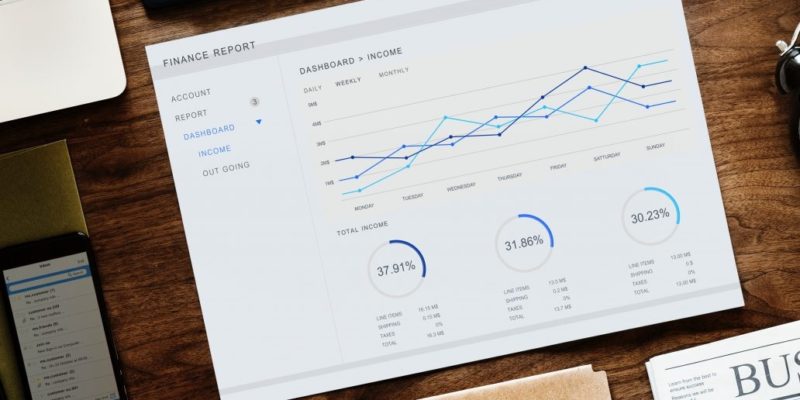Among the millions of SME businesses in India, only a fraction of them consistently maintain profit and grow year after year. Some get by without any real roadmap, some shut down due to lack of financing, and so on. What is the secret of successful businesses?
One of the things that those businessmen do right is to maintain their finances properly. They make use of software, they have all their accounting books intact, and they collect their dues on time. This article is a brief guide about some of the financial practices that you should carry out to remain profitable at the end of the year.
The SME Financial Checklist
- Maintain Invoices and Transaction Details
The simplest way to be in control of your finances is to record every transaction, be in income or expense. For every trade, keep an invoice with details like the date of purchase, date of payment, buyer’s name, etc. If you deal with hundreds of customers daily, you should store all details digitally and not on books.
Billing software is primarily used to generate custom templates for invoices. For GST-registered businesses, you can download a GST invoice format (Excel or otherwise) where the data fields and formulas are already encoded. Accounting software lets you keep track of all expenses, revenues, receivables, and dues, which are useful in the accrual method of accounting.
- Stay Clear of Debt
While you track the dues your customers owe you, you should also make it a habit to always pay your debts off on time. If you have the money to pay but keep missing the due dates, use a payment app to set reminders that ensure you pay on time. If you find yourself consistently short of money to repay the dues, then do a rigorous cost analysis and see where you can cut down expenses.
Having a cash reserve is also good practice; do an estimate of planned expenses every month and set aside a margin, say, 10% of that amount, for emergency purposes/spending. Putting off your debts will make it more difficult for you to get business loans, and worse, lead to an accumulating pile of debt that may force you to shut down. Remember to declare all your debts when filing tax returns.
- Pay Taxes Properly
The process of taxation in India has become more transparent and streamlined with the advent of the GST Act. Keeping your accounts and documents in order will help you pay taxes correctly without getting penalised for under-reporting your liability. You should also be aware of the latest GST rules, amendments, exemptions and due dates, whichever applies to your business.
Technology is handy here too: GST software applications assist you in calculating the right tax rate and uploading the right documents and invoices based on the type of business, i.e. GST for suppliers, GST for those availing the composition scheme, GST on rent, etc.
Ensure you have all the necessary documents ready when it is time to file taxes. If you can afford it, hire an accountant to do the job for you, since the process can be cumbersome. At the same time, an accountant can help you structure your business better to get you the maximum benefits from the system.
- Plan for the Future
At the end of every year, when you file your returns and calculate the profit margins, you should start thinking about the year ahead. Analyse the past year’s financial records and invoices and try to observe some trends like:
- Recurring expenses that you can try and automate with payment apps
- Customers who regularly pay late or default: levy a penalty or come to an alternative payment agreement
- Certain weeks or months when you have a surge in expenses or revenues
- Inventory: which products are often overstocked and understocked, how to time your purchases so that you can decrease your tax liability, etc.
Use this information to prepare an expected budget and income proposal for the upcoming year. It will give you a benchmark to measure your actual performance and come up with a revised business plan if necessary.
Conclusion
Incorporating these techniques will help you run your business in a more organised fashion, which, in turn, leads to overall growth, financial health, and profitability. Check out the various software tools available for SME businessmen and make use of them as much as possible.
